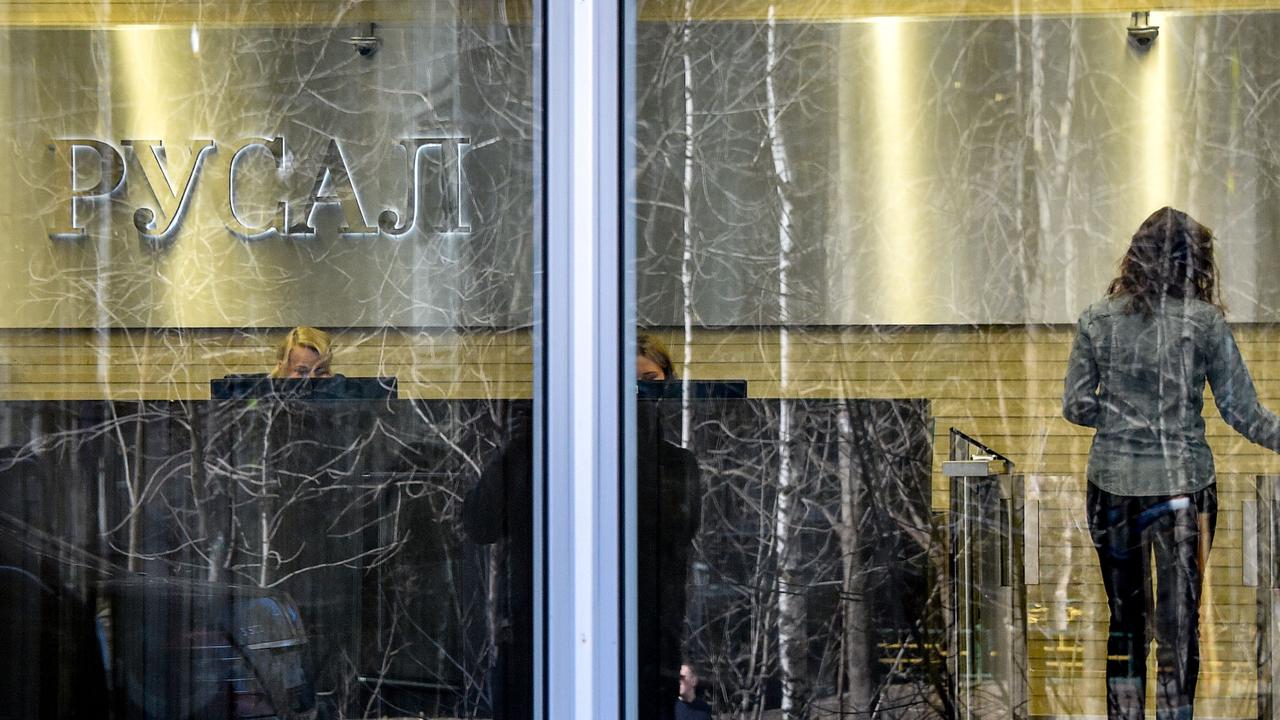Tatts and Tabcorp’s well-timed play
It’s hard to mount a credible argument Tatts and Tabcorp’s latest proposal would substantially lessen competition.

If timing is everything in life and business, Tatts and Tabcorp seem to have timed their latest attempt to negotiate a merger better than their last.
Late last year the two big wagering and gaming companies got oh-so-close to agreeing a nil-premium and all-scrip merger of equals, but the negotiations foundered when Tabcorp released a trading update and its shares tumbled about 10 per cent.
With Tabcorp — which was to be the vehicle for the merger even though it was significantly smaller than Tatts — unwilling to change the terms of the merger to effectively ask its shareholders to pay a premium, and Tatts unwilling to leave them unchanged for the same reason, the negotiations ended abruptly.
The logic of a merger — arguably the most logical in this market — however, didn’t go away.
The companies both went into trading halts today, both citing a potential “change of control transaction” that would be implemented via a scheme of arrangement. A share-swap merger is on again.
Under the original deal discussed last year, the merger was to be executed as a reverse takeover of Tatts by Tabcorp, presumably for regulatory and taxation reasons. The rough split would have been 60 per cent of the new company going to Tatts shareholders and 40 per cent to Tabcorp’s.
At today’s share prices, with Tabcorp’s share price having risen significantly relative to Tatts’, since August, the ratio would be closer to 56:44 and would produce a company with a market capitalisation of about $9.4 billion.
With the estimated synergies from a merger of about $100 million a year, there’s potentially another $1 billion of market value available if the merger is well-executed.
The rationale for a merger is very obvious. In wagering, it would bring together Tabcorp’s larger business in Victoria, NSW and the ACT with Tatts’ Queensland, South Australian, Northern Territory and Tasmanian operations to create a single national operator and fulfil a long-held Tabcorp vision of a single national totalisator operator and, ultimately, potentially a single national wagering pool.
Bringing an enlarged and more efficient wagering business — and Tabcorp is a much more efficient wagering operator than Tatts — next to Tatts’ very large and big cash-generating lotteries businesses would diversify the combined group’s cash flows and enable it to compete better with the raft of local and increasingly foreign-owned or located corporate bookmakers.
At a superficial level, a merger of the two biggest gambling businesses in the country to create a totalisator monopoly might appear to have no chance of gaining Australian Competition and Consumer Commission approval.
In wagering, however, the businesses are discrete state-regulated monopolies already and are confronted by a raft of increasingly large corporate bookmaking competitors.
When Tabcorp tried to buy Queensland’s UNiTAB in 2006 (UNiTAB was subsequently acquired by Tatts) the issue wasn’t the wagering operations but rather the impact of a merger on a controversial hypothetical market for Tabcorp’s and Tatts Victorian gaming licences.
In the end, while the ACCC killed the Tabcorp bid, that “market” never emerged, with the Victorian Government cynically adopting a new industry structure in 2008 that excluded Tabcorp and Tatts in order to avoid more than $1 billion of claimed compensation under their original licence agreements.
In a series of court cases that ran right up to the High Court earlier this year, both companies eventually lost out in their bids for compensation from the state.
All of the key Tabcorp and Tatts businesses are intensely regulated, and there is minimal competition between them. To the extent that state totes might offer punters the ability to gamble on out-of-state product, the corporate bookmakers provide a competitive alternative.
It is therefore difficult to mount a credible argument that a merger would lead to a substantial lessening of competition in the key markets in which they operate.
During the aborted discussions last year, the companies had broadly reached conceptual agreement on the “social” issues — the divisions of the board and management representation — without nominating exactly who would perform each role.
A lot of groundwork was done then, making it, one would expect, considerably easier to prosecute the latest negotiations now that the share prices of the two companies are in a different and more equitable alignment.



To join the conversation, please log in. Don't have an account? Register
Join the conversation, you are commenting as Logout